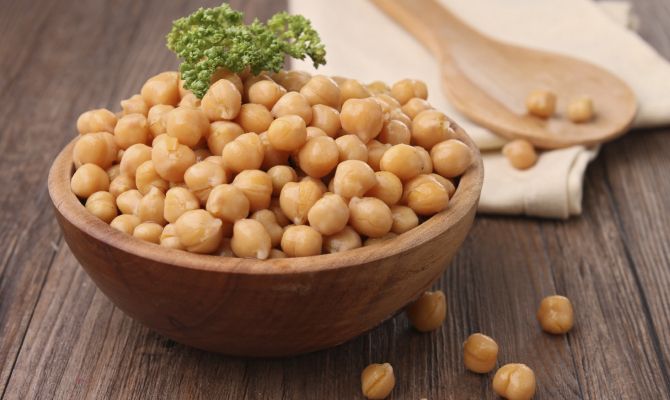Saffron and Chickpeas
Saffron and chickpeas are the basic ingredients in the cuisine of the Navelli area, used in a thousand ways for many traditional dishes such as gnocchetti and chickpeas, sagnette and chickpeas, saffron risotto and, among the main courses, saffron lamb chops and for the exquisite saffron liqueur, a rare and very precious spice that was once used in medicine and cosmetics.
Saffron
Ceci
Lo Saffron
Valuable numbers
Cultivation of the precious 'Red Gold
To produce 1 gram of dry saffron
Nsinks is particularly known for its saffron cultivation, the cultivation of which starts in the municipality and spreads across the entire saffron plateau.
Since as early as the 14th century, but particularly from the 18th century onwards, Navelli has always been considered a reference village for trade.
Legend tells of the arrival of saffron in Italy, thanks to a Spanish monk belonging to the Santucci family of Navelli,
member of the court of the Holy Inquisition and a great lover of agriculture and botany.
The monk was particularly impressed by the small plant and thought it might find ideal conditions in the soils of the Navelli Plateau.
The cultivation of saffron thus spread to the surrounding areas and local nobles began to market it in the Milanese and Venetian markets.
The Secrets of Saffron
L
The Navelli plateau has favourable climatic conditions for growing flowers and reproducing bulbs: certainly important elements, but Navelli saffron is considered among the best qualities above all because of the harvesting and processing methods, which differ from the customs of other countries and other Italian producing regions.
The cultivated fields are not always the same: bulbs are planted in new fields every year. Harvesting takes place at dawn, when the flowers are still closed and protect the precious pistils or stigmas from the sunlight. Lastly, drying is a real roasting process, still done over embers, using an old flour sieve.
The best time to visit Navelli is autumn, when between mid-October and the beginning of November the flowers are harvested, every day in the early morning: it is possible to experience the harvesting in the field, followed by the flowering and drying activities, perhaps tasting a saffron herbal tea and listening to the stories of the inhabitants, each of whom has at least a small plot cultivated with saffron and the processing is a community activity.
I Ceci of Navelli

In this natural basin there is also another crop that has been fundamental to the economy, history and livelihood of the community, the chickpea.
Navelli chickpeas are characterised by their small size, intense flavour, cream colour and smooth surface, but some producers also keep a second type, even smaller and rust-red in colour, with a wrinkled surface. Historically, the white was intended for sale and the red for family consumption.
Cultivations are found between 700 and 800 metres above sea level, on dry, light, sometimes stony soils, without water stagnation. As a popular saying goes, 'In black soil you don't put chickpeas', i.e. dark, fertile soils make the plant vegetate but bear little fruit.
Sowing takes place in spring, between March and April, but can be delayed depending on seasonal weather conditions. Every three to six years, the chickpea is rotated with wheat, barley, spelt and forage plants such as alfalfa or sainfoin. Harvesting takes place between the end of July and the end of August.
